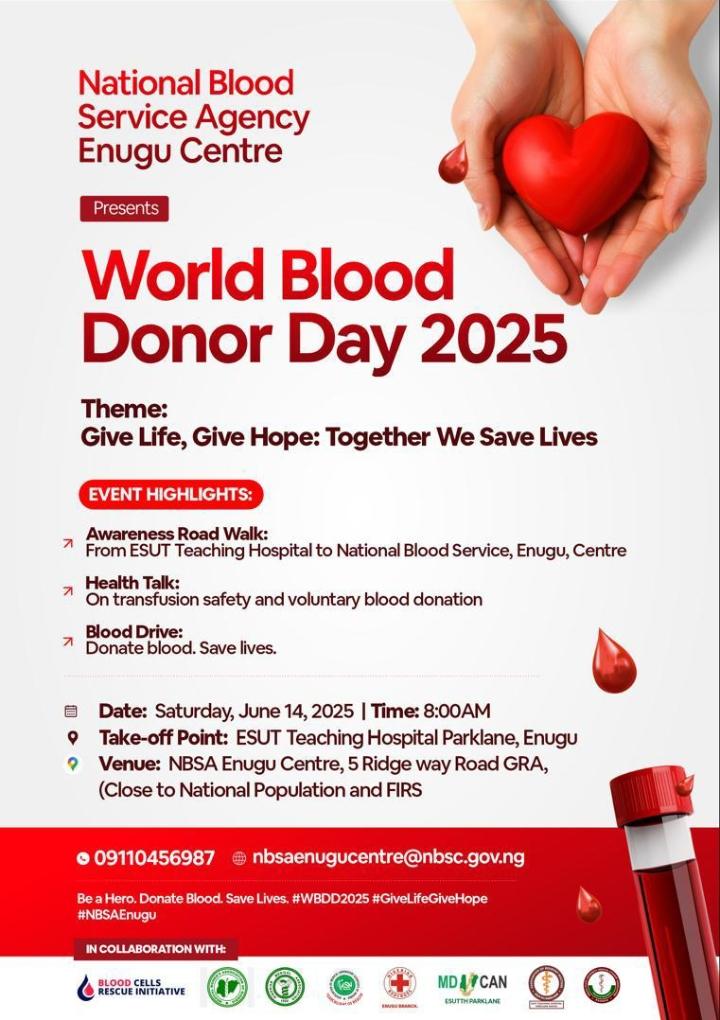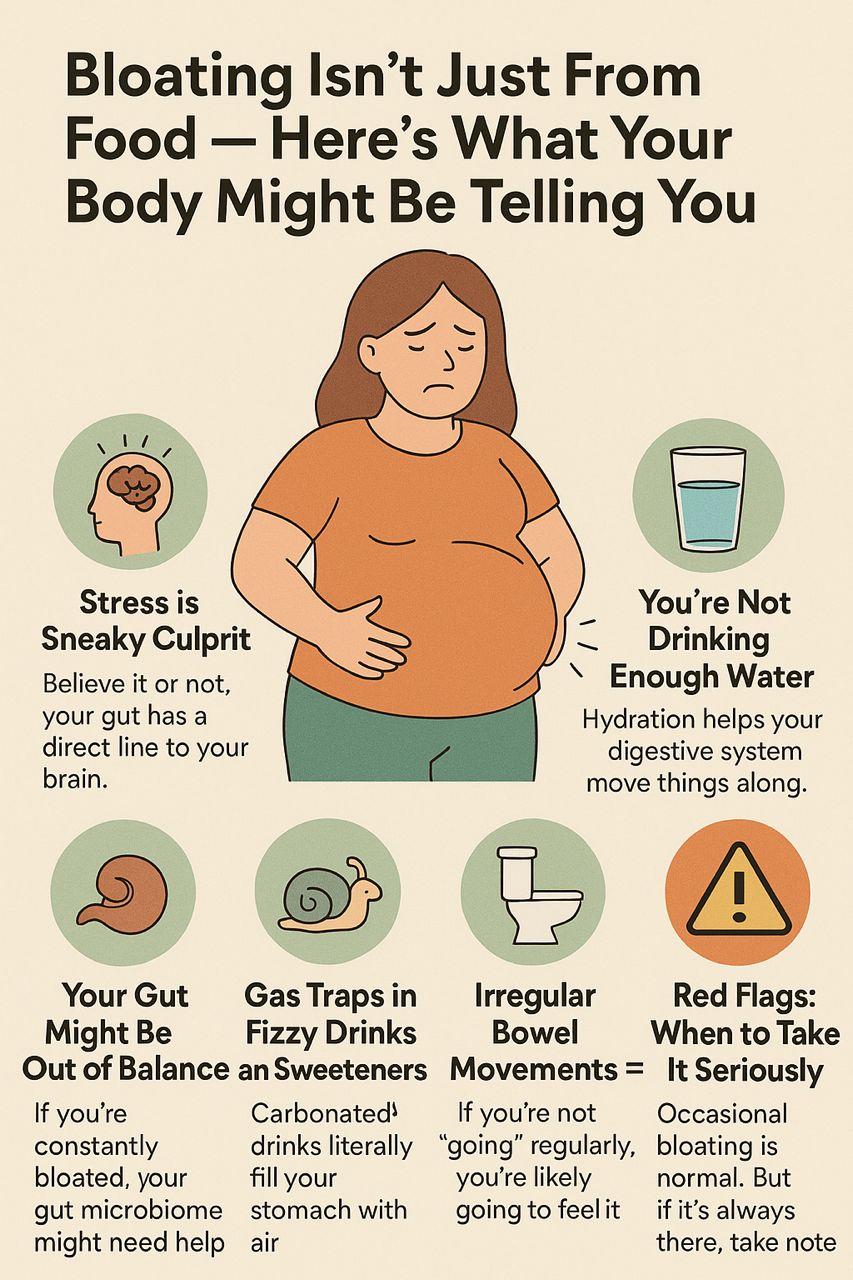Pastor Abel Damina Claims Offerings Are Spent by Men, Not God
Pastor Abel Damina Provokes Debate by Claiming Offerings Are Spent by Men, Not God
In a bold declaration that challenges traditional church doctrine, Pastor Abel Damina has asserted that church offerings and tithes are not intended for divine use but are spent by men. The founder of Abel Damina Ministries International (ADMI) has reignited controversy within Christian circles with comments made during a recent sermon that quickly went viral.
Damina’s statement was straightforward and provocative: “No offering goes to heaven; men spend it every time we gather offerings. All the offerings we give to God go to men.” This assertion questions the widely held belief among many believers that their contributions are directly sent to heaven or used solely for divine purposes.
The preacher is known for his unconventional views and outspoken attitude toward mainstream Christian teachings. Previously, he has sparked debates by suggesting that practices such as smoking and drinking are not sins in Christianity, further illustrating his willingness to challenge orthodox doctrines.
During the sermon, Damina also criticized pastors who manipulate congregations by promising that tithing will open the doors of heaven. He pointed out that these doors have been open since Jesus’ resurrection, and that such claims are mere psychological tactics: “The doors have never been closed; they are just working on people’s minds,” he said.
Addressing the backlash over his stance on tithing, Damina accused some pastors of hypocrisy. “Some say I’m evil because I say you shouldn’t pay tithe, that I and my children should pay tithe,” he explained. “They only talk like that to keep collecting money from people. If they stopped, they wouldn’t get anything,” he added.
He further alleged that many clergy demanding tithes from their followers do not practice what they preach. “Most of these pastors are greedy; they collect from everyone but don’t pay anyone,” he claimed. Damina’s transparency and critical attitude have endeared him to some skeptics while infuriating traditionalists within the church.
This outspoken stance has stirred a wider conversation about transparency, the true purpose of tithes and offerings, and the integrity of certain religious leaders. With his provocative comments, Damina continues to challenge believers to think critically about longstanding religious practices and teachings.
#gisthub
Pastor Abel Damina Provokes Debate by Claiming Offerings Are Spent by Men, Not God
In a bold declaration that challenges traditional church doctrine, Pastor Abel Damina has asserted that church offerings and tithes are not intended for divine use but are spent by men. The founder of Abel Damina Ministries International (ADMI) has reignited controversy within Christian circles with comments made during a recent sermon that quickly went viral.
Damina’s statement was straightforward and provocative: “No offering goes to heaven; men spend it every time we gather offerings. All the offerings we give to God go to men.” This assertion questions the widely held belief among many believers that their contributions are directly sent to heaven or used solely for divine purposes.
The preacher is known for his unconventional views and outspoken attitude toward mainstream Christian teachings. Previously, he has sparked debates by suggesting that practices such as smoking and drinking are not sins in Christianity, further illustrating his willingness to challenge orthodox doctrines.
During the sermon, Damina also criticized pastors who manipulate congregations by promising that tithing will open the doors of heaven. He pointed out that these doors have been open since Jesus’ resurrection, and that such claims are mere psychological tactics: “The doors have never been closed; they are just working on people’s minds,” he said.
Addressing the backlash over his stance on tithing, Damina accused some pastors of hypocrisy. “Some say I’m evil because I say you shouldn’t pay tithe, that I and my children should pay tithe,” he explained. “They only talk like that to keep collecting money from people. If they stopped, they wouldn’t get anything,” he added.
He further alleged that many clergy demanding tithes from their followers do not practice what they preach. “Most of these pastors are greedy; they collect from everyone but don’t pay anyone,” he claimed. Damina’s transparency and critical attitude have endeared him to some skeptics while infuriating traditionalists within the church.
This outspoken stance has stirred a wider conversation about transparency, the true purpose of tithes and offerings, and the integrity of certain religious leaders. With his provocative comments, Damina continues to challenge believers to think critically about longstanding religious practices and teachings.
#gisthub
Pastor Abel Damina Claims Offerings Are Spent by Men, Not God
Pastor Abel Damina Provokes Debate by Claiming Offerings Are Spent by Men, Not God
In a bold declaration that challenges traditional church doctrine, Pastor Abel Damina has asserted that church offerings and tithes are not intended for divine use but are spent by men. The founder of Abel Damina Ministries International (ADMI) has reignited controversy within Christian circles with comments made during a recent sermon that quickly went viral.
Damina’s statement was straightforward and provocative: “No offering goes to heaven; men spend it every time we gather offerings. All the offerings we give to God go to men.” This assertion questions the widely held belief among many believers that their contributions are directly sent to heaven or used solely for divine purposes.
The preacher is known for his unconventional views and outspoken attitude toward mainstream Christian teachings. Previously, he has sparked debates by suggesting that practices such as smoking and drinking are not sins in Christianity, further illustrating his willingness to challenge orthodox doctrines.
During the sermon, Damina also criticized pastors who manipulate congregations by promising that tithing will open the doors of heaven. He pointed out that these doors have been open since Jesus’ resurrection, and that such claims are mere psychological tactics: “The doors have never been closed; they are just working on people’s minds,” he said.
Addressing the backlash over his stance on tithing, Damina accused some pastors of hypocrisy. “Some say I’m evil because I say you shouldn’t pay tithe, that I and my children should pay tithe,” he explained. “They only talk like that to keep collecting money from people. If they stopped, they wouldn’t get anything,” he added.
He further alleged that many clergy demanding tithes from their followers do not practice what they preach. “Most of these pastors are greedy; they collect from everyone but don’t pay anyone,” he claimed. Damina’s transparency and critical attitude have endeared him to some skeptics while infuriating traditionalists within the church.
This outspoken stance has stirred a wider conversation about transparency, the true purpose of tithes and offerings, and the integrity of certain religious leaders. With his provocative comments, Damina continues to challenge believers to think critically about longstanding religious practices and teachings.
#gisthub
0 Comments
0 Shares
554 Views












